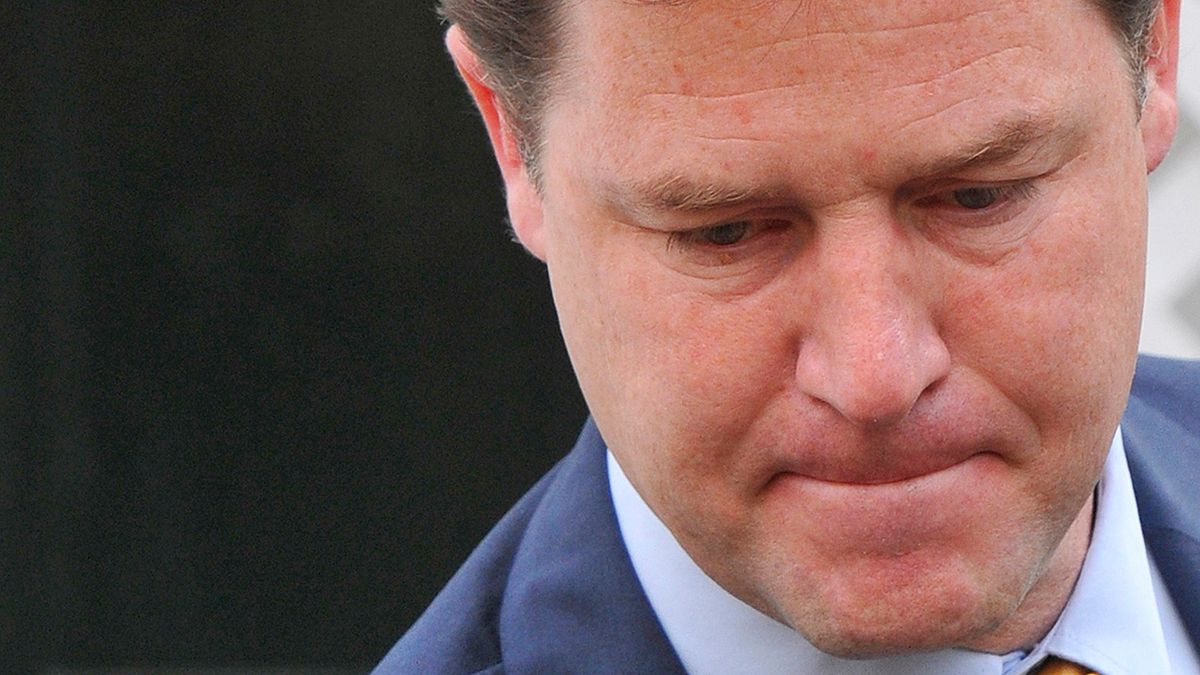For long Britain has been labelled as the black sheep of the European Union, the kid that nobody wants to play with. Prime Minister David Cameron’s campaign to introduce an in/out referendum made matters worse in Europe, making it easier for his continental counterparts to shout against UK’s constant winging.
But there is one thing that shouldn’t be forgotten: it is not every living creature on this temperate island that wants to be as far as it is possible from the EU, namely those who are aware that the EU makes up half of Britain’s trade, that it is the world’s largest trading bloc, that it is home to 500 million consumers.
Think of the phrase “economic suicide” and pair it with leaving the EU. This is not my invention, but that of the British Deputy Prime Minister Nick Clegg. The leader of LibDems made it clear in strongest terms on October 8 that he may work closely with Cameron in the government as the junior partner in the coalition, but he will keep his stand on EU policy.
But why now? It is to challenge the “ludicrous mythmaking” by the Euro-sceptics that has been going on for long, according to Mr Clegg’s speech in which he issued a call-to-arms to businesses, organisations and politicians. He said his party is committed to leading the way as the party of In.
“I am not asking you to get involved in the party politics. I’m not asking you to support the Lib Dems. But I am asking you to be part of a coalition for the national interest – standing up for Britain remaining in Europe; for a Britain that is richer, safer, greener and stronger in the world.”
One shortcoming of the EU is its exemplary bureaucracy. Mr Cameron has many times criticised it and the same was reflected in Clegg’s speech calling for reform. Superstar entrepreneur and Virgin founder Richard Branson wrote an impassioned defence of remaining in the EU (http://www.virgin.com/richard-branson/why-i-am-in), but he delved into the bureaucracy issue, explaining that there is no guarantee there will be less of it in a post-EU era:
“We have always rallied against unnecessary red tape, which holds back entrepreneurs favouring a screw it let’s do it approach. But there is no guarantee this would decrease outside of the EU – some of the regulations from individual governments on financial services are far more rigorous than those coming from Brussels.”
Many of his supporters rallied on Twitter and discussed their reasons to remain in the EU, using the hashtag that Clegg introduced: #whyIamIN. I will end with my favourite of the bunch:
#whyiamIN Because I'm not mad http://t.co/cU2kciXGAQ#euwhatevernext
— Andrew Duff MEP (@Andrew_Duff_MEP) October 8, 2013

Ali Mayon Twitter – Facebook Page
